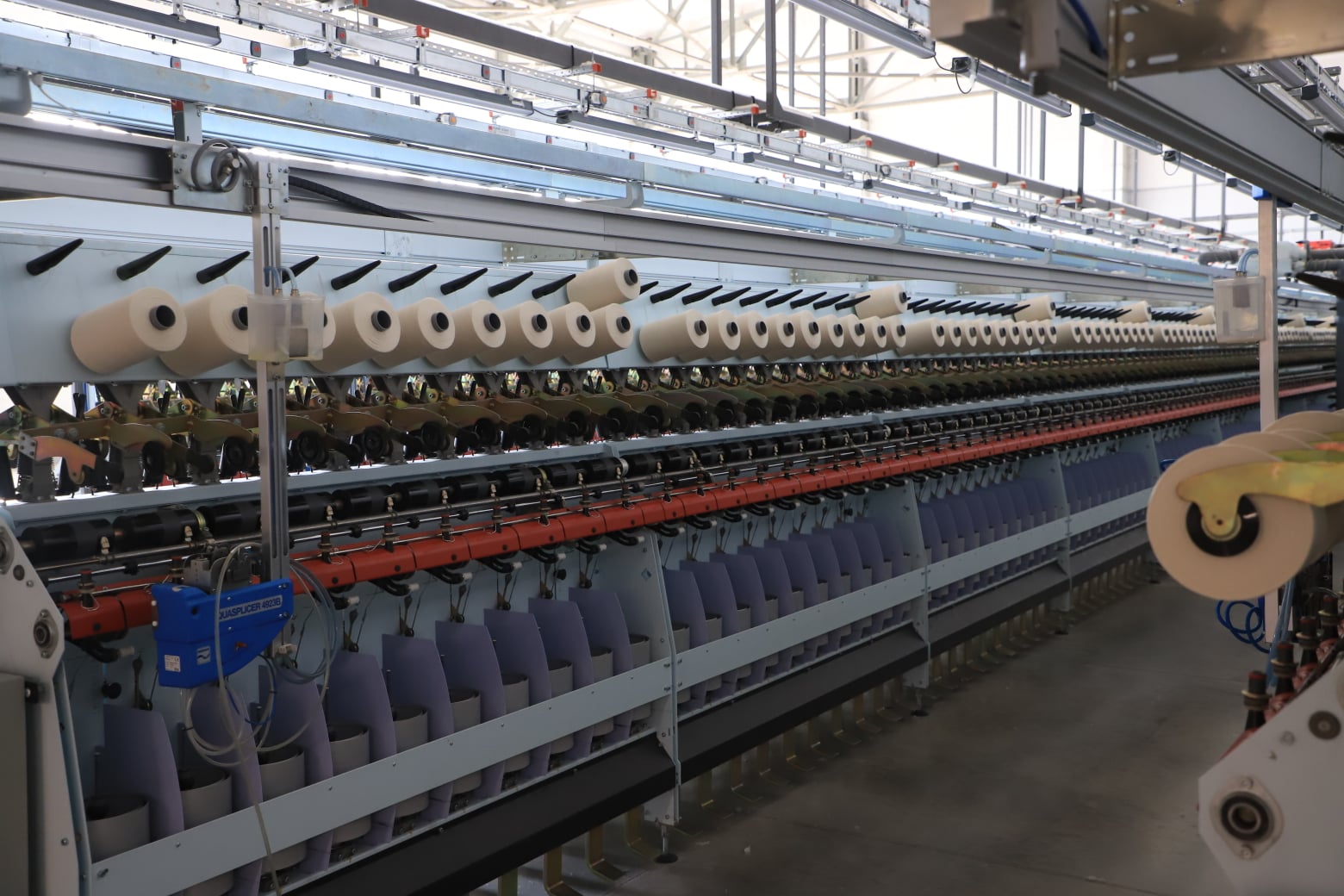
Duration of assignment: 4 months
Narrative description of Project:
The overall objective of the project is to develop recommendations on the possibilities and ways to increase the added value of the textile products produced in Armenia and make the latter more competitive in the light of the upcoming GSP+ regime elimination for the given product category. Specific objectives include the following:
- Identify existing challenges amid high concentration of basic textile production (underwear, t-shirts, etc.) in the main products portfolio of textile companies in Armenia;
- Developing a roadmap with a detailed action plan on how to integrate sustainable fashion principles as well as mainstream gender equality principles and approaches in the Armenian textile companies, including some actions for the Armenian Government to address as well.
- Propose a set of recommendations on how to increase the number of value added products, including international certification details, links with fashion designers, adhering to carbon foot print calculation implementation, as well as producing a current baseline for carbon emissions from the textile industry in Armenia, improve gender outcomes and integration in the before production chain.
Within the scope of the project the Contractor implemented the following activities:
- Gap analysis: Identify the existing challenges of the Armenian textile opportunities, including via desk research, stakeholder consultation and other quantitative research methods, where feasible with bold emphasis on the GSP+ scheme and its graduation. The research should include an overview of the existing state of play of the sector, including number of Armenian SMEs/corporates currently operating in Armenia, the size of the industry (turnover and sex-disaggregated employment and leadership), main export destinations, location, etc. as well as any relevant legislation affecting the sectors (for instance, environmental regulations)
- Road map and action plan: Based on the findings of the gap analysis, conduct a comprehensive SWOT and PESTEL analysis, based on which a detailed road map for the sector shall be prepared. The road map should include a strategic vision, SMART KPIs, prioritisation of sub-segments of the textile industry and short-, medium- and long-term milestones. It is also expected that the road map will include steps to ensure gender equality approaches as well as clearly actionable steps (including clear steps on carbon footprint schemes, calculation and its reduction) for all stakeholders (Private and Public) involved in promoting the textile industry, including timelines.
- Recommendations: Based on the conclusions of the road map, develop a set of high level recommendations linked to legislation and regulation, finance and technical assistance, including on gender equality and others, where applicable (both in Armenian and English). In addition the expert is expected to underline the recommendations with international best practice case studies and examples

